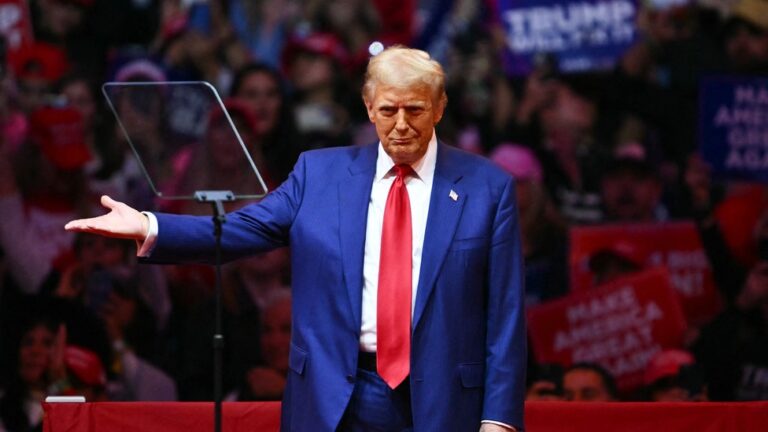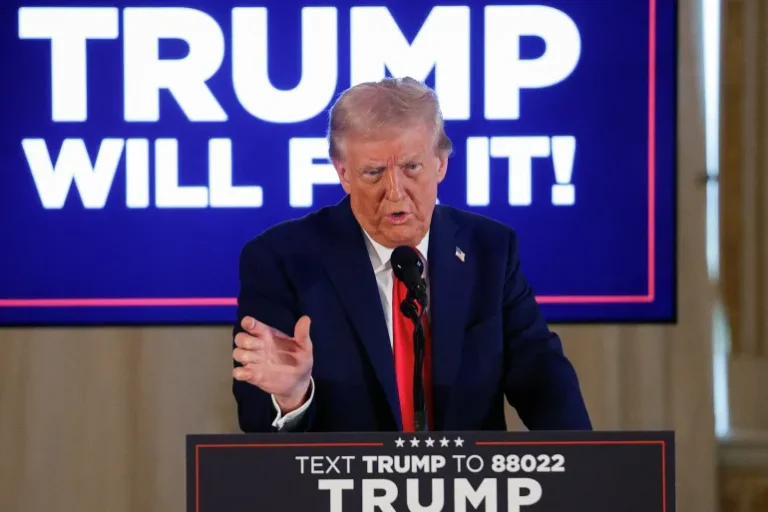
Many Americans believe that Donald Trump might refuse to concede if he loses the 2024 election due to his behavior following his defeat in 2020 and his continued rhetoric around election integrity. After losing to Joe Biden, Trump repeatedly claimed the election was “stolen,” despite lack of evidence to support widespread voter fraud. His refusal to concede led to over 60 unsuccessful legal challenges across various states and eventually culminated in the January 6th Capitol riot, when his supporters stormed the Capitol in an effort to halt the certification of Biden’s win. This incident set a precedent for Trump’s perceived unwillingness to accept an unfavorable election result, leaving many Americans to wonder if a similar scenario could play out in 2024.
Since 2020, Trump has continued to sow doubt about election integrity, frequently suggesting that the system is “rigged” against him and casting suspicion on practices like mail-in voting and certain voting technologies. By fueling this narrative at rallies and in media appearances, Trump has led his followers to question the legitimacy of the electoral process itself. Many Americans, even those outside his base, assume that if he loses in 2024, he will again refuse to concede and point to unverified claims of fraud as justification. Some political strategists suggest this may even serve as a legal strategy, given his ongoing legal battles, including those related to January 6th and his handling of classified documents. By positioning himself as a victim of a corrupt system, Trump could galvanize his supporters and potentially use their backing as leverage in navigating his legal challenges. Should he concede, he risks diminishing the loyalty and fervor among his core followers, which could weaken his influence both legally and politically.
A refusal to concede in 2024 would also resonate strongly with Trump’s base, which includes millions of Americans who still support his claims about the 2020 election. Trump’s supporters often view him as an outsider willing to take on the “establishment,” so a refusal to accept the results would align with this narrative of fighting against a biased system. However, such a stance could have broader consequences for American democracy. Many fear that another contested election would erode trust in the democratic process, potentially increasing polarization and skepticism toward future elections. Political experts warn that if election losers routinely refuse to concede, it could undermine democratic norms, weaken public confidence, and threaten the peaceful transition of power—one of the cornerstones of American democracy.
This perception that Trump would not concede if he loses in 2024 is also fueled by polling data and media coverage, which reflect widespread public doubt. Trump’s statements and ongoing legal battles have been highly publicized, creating a narrative in which conceding is seen as improbable. Additionally, social media and some conservative news outlets often reinforce his messages around election fraud, further shaping public opinion on the likelihood of a contested outcome. This feedback loop has led to societal expectations that Trump, if faced with an unfavorable outcome, might once again claim the election was compromised. For many Americans, this concern goes beyond Trump himself and touches on the long-term impact on democratic principles and election integrity, raising questions about whether the country could withstand another divisive election outcome.






